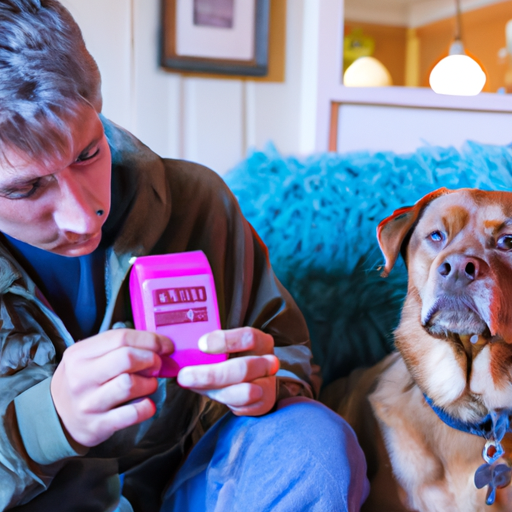As a caregiver, it is not uncommon to adopt the role of a part-time veterinarian when your canine companion is feeling under the weather. Let’s explore how you can treat your dog’s swollen gums at home.
1. Recognizing the Symptoms
It’s essential to be vigilant, to observe your pet for changes in their behavior. These could indicate a dental issue:
- Excessive drooling
- Loss of appetite
- Bad breath
- Visible swelling in the gums
2. Understand the Causes
Understanding the cause of the issue can help you better address it. Here are common causes of swollen gums in dogs:
- Gingivitis: This is caused by a build-up of plaque and tartar on the dog’s teeth.
- Periodontal Disease: This is a severe form of gingivitis that can lead to tooth loss.
- Oral Infections: Bacterial or fungal infections can cause swelling and discomfort.
- Tumors or Growths: While rare, tumors or benign growths can also cause swollen gums.
3. At-Home Remedies
Here are some at-home remedies you can try to alleviate your pet’s discomfort:
- Diet Changes: Include more crunchy foods in your dog’s diet. These will naturally clean the teeth and gums, reducing the chances of gum disease.
- Daily Brushing: Use a canine-safe toothpaste and brush to regularly clean your dog’s teeth.
- Herbal Remedies: Chamomile and calendula can be used to soothe irritated gums. Make sure to consult with your vet first.
4. When to Seek Professional Help
Sometimes, despite your best efforts, professional intervention might be necessary. Here’s when you should consider seeking help:
- The swelling doesn’t reduce after a week of at-home treatments.
- Your dog seems to be in constant pain.
- Your dog refuses to eat for more than two days.
5. Preventing Swollen Gums in the Future
Prevention is always better than cure. Here are some steps you can take to prevent future gum issues:
- Maintain a regular dental hygiene routine for your dog.
- Regularly inspect your dog’s mouth for any signs of swelling or discomfort.
- Schedule yearly dental check-ups with your vet.
Frequently Asked Questions
Q1: Can I use human toothpaste to brush my dog’s teeth?
No, human toothpaste can be harmful to dogs. Always use a dog-safe toothpaste.
Q2: How often should I brush my dog’s teeth?
Ideally, dogs should have their teeth brushed daily. However, a few times a week is also beneficial.
Q3: Can diet changes alone cure my dog’s swollen gums?
Diet changes can help, but for severe cases, you may need to incorporate other treatments or seek professional help.
Q4: How can I tell if my dog has periodontal disease?
Periodontal disease often causes bad breath, difficulty eating, weight loss, and visible gum inflammation. If you notice these symptoms, consult a vet immediately.



